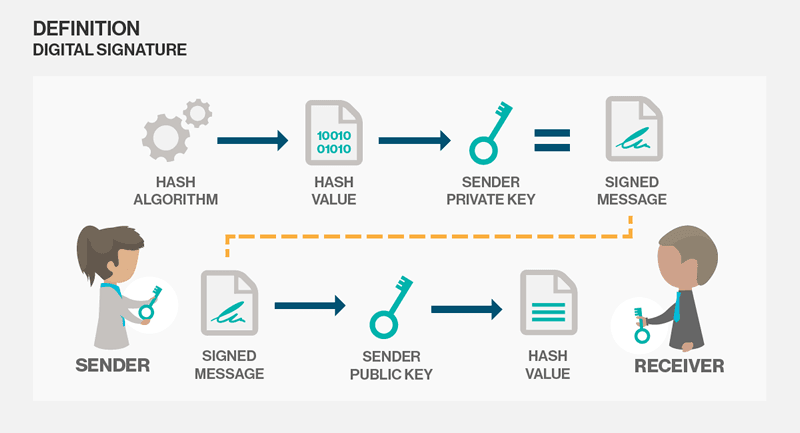The use of electronic signatures is gaining momentum in Bangladesh, but the laws dealing with them are still being expanded. Electronic signatures are recognized under the country’s Information and Communication Technology Act 2006 (ICT Act), meaning they can be used to sign any documents that require a signature, subject to certain exceptions.
While the ICT Act is the primary legislation dealing with electronic signatures in Bangladesh, also relevant are the Information Technology (Certifying Authority) Rules 2010 (CA Rules); National Information and Communication Technology Policy 2018; and the Certification Practice Statement published by the Office of the Controller of Certifying Authorities (CCA). At this time there is no case law that deals with electronic or certificate-based digital signatures.
The ICT Act uses the terms electronic signature and digital signature interchangeably. In fact, the Bengali version of the ICT Act refers to “electronic signature” whereas the English version uses “digital signature”. According to the Act, electronic signatures (or digital signatures, in the English version) must be able to:
- identify the signatory;
- affix with the signatory uniquely;
- be created in a safe manner or using means under the sole control of the signatory; and
- be related with the attached data in such a manner that is capable of identifying any alteration made in the data thereafter.
Any type of electronic signature will be treated as ineffective if the electronic record related to it is tampered with or amended.






